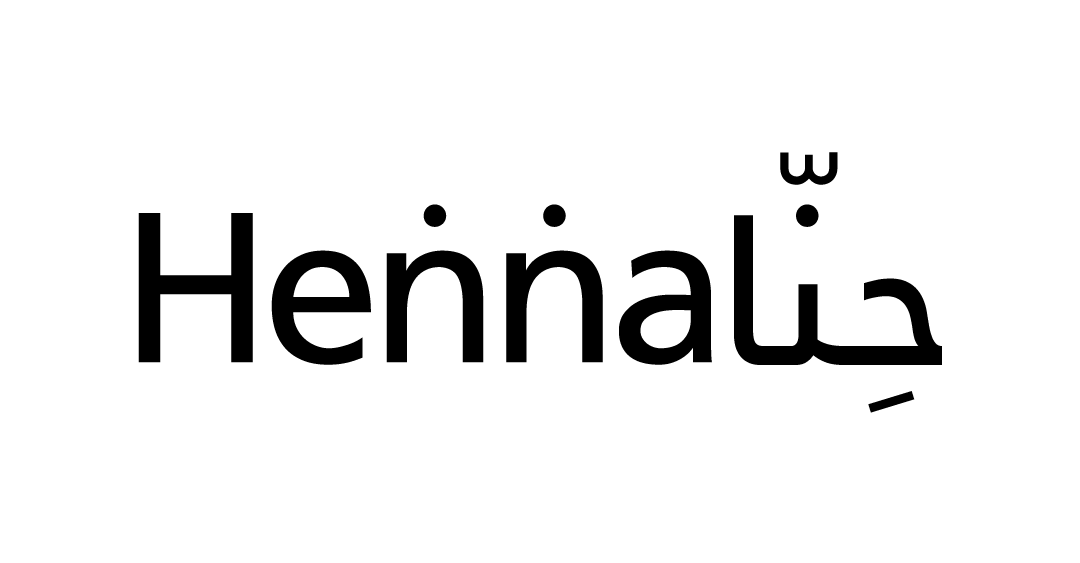
Holding High the Diasporic Keffiyehs
Challenging borders and genocidal systems through arts
Henna Platform
In the tumultuous landscape of the Middle East over the past years, the repercussions of historic events have left communities profoundly fractured. Political unrest, wars, dictatorships, and genocides have triggered unprecedented waves of immigration and fragmentation. Families, friends, and loved ones were massively scattered across borders.
This diasporic experience, characterized by distance and the ache of unfulfilled reunions, has become deeply etched into the collective consciousness of those displaced. While virtual connectivity has become a lifeline for maintaining ties, it cannot replicate the depth of real-life relationships evolving in diverse contexts.
The “modern” world was built on two conflicting pillars: globalization, through which distances collapse and cultural boundaries blur, and the enduring sovereignty of the nation-state. Here lies the heart of contemporary immigration policies, where distinctions between citizens and foreigners are increasingly magnified. Paolo Cuttitta observes that immigration policies seek to stratify individuals based on nationality. Categorizing them into groups to classify those “undesirable” or “threatening.” The most affected by those policies are the citizens of nations embroiled in conflict, colonization, and authoritarian rules. Citizens from those countries face scrutiny and stereotyping solely based on their passport origins.
Travel for those becomes a nightmare of waiting periods instead of a pleasure. In this dissonant reality, the pursuit of mobility and connection is overshadowed by the weight of paperwork and the high potential of denied access and approvals.
Surviving different realities
The experiences of refugees vary significantly based on the country they find themselves in. In places like Lebanon and Turkey, strict movement restrictions are imposed, hindering their ability to travel within or between cities. As time passes, hope dwindles for those stranded in such nations, as their legal status remains stagnant, and the dream of citizenship becomes increasingly elusive.
In contrast, some countries offer travel documentation to asylum seekers under the 1951 Geneva Convention. While these travel documents provide some semblance of freedom, they have significant limitations. Holders often cannot enter critical destinations like Lebanon, Turkey, Jordan, or Saudi Arabia without navigating the vicious visa application process, which may lead to rejection. The complexity of this issue is further highlighted by examples such as Canadian travel document holders gaining entry to Germany without a visa. At the same time, the reverse is not true—a stark illustration of the layers of complication faced by refugees seeking to connect with their relatives.
Suffocated by Paperwork
The regulations governing refugee travel documents are often vague and arbitrary. They subject holders to prolonged waiting periods and limit their movement. Artists, whose livelihoods depend heavily on international travel for performances, face unique challenges under these circumstances. As such is the case of Youssef Kekhia, a Syrian musician based in Berlin, who has navigated the complexities of holding a refugee travel document in Germany for years. This document severely restricts his ability to reach critical destinations where his audience awaits, hindering his artistic endeavors significantly.
Kekhia’s struggles resonate with many artists and refugees in similar situations as they grapple with missed opportunities and frustrating visa applications. The impact of this restrictions on his artistic work is remarkable as Kekhia reflected on instances. He received invitations to perform at renowned venues worldwide, only to encounter bureaucratic hurdles, visa rejections, or indifference from event organizers.
Recognizing the importance of art and cultural exchange in diasporic communities, Marsam Canada and Henna Platform have tirelessly worked to host events that foster connections in Canada. However, obtaining visas remains a significant hurdle. For example, Amin Khayer, Shkoon band vocalist, had to wait for two years to get a Canadian visa.
Naji Rizek, co-founder of Marsam Canada, acknowledges the daunting challenge of securing visas for artists from the Arab world or Arab artists who are asylum seekers in Europe. This prolonged process, coupled with the excessive production costs in Canada, presents intimidating obstacles for event organizers.
Despite these challenges, Marsam Canada and Henna Platform’s dedication shines through as they prepare to host Shkoon on a tour across Canada in May. This tour, spanning Toronto, Montreal, and Vancouver, exemplifies their commitment to promoting cultural exchange and artistic expression. Find out more here.
As diasporic communities grapple with communication barriers and mobility challenges, artists play a pivotal role in bridging communities and fostering personal connections through their performances. Their contributions extend beyond mere entertainment and collective experiences and offer emotional connection and expression amidst adversity.
Following the genocide suffered by Palestinians in Gaza since October 7th, there has been a heightened desire within Arab diaspora communities to reclaim and assert their identity and heritage unapologetically. Art in all its forms has emerged as bridges and platforms for resistance in this context. Theaters and cafes have evolved beyond their traditional roles as entertainment venues, transforming into arenas for self-expression against attempts to erase cultural identity. Gaza has effectively challenged the idea that art, politics, and existence can be separated, demonstrating the interconnectedness and power of creative expression in shaping narratives and advocating for justice.




